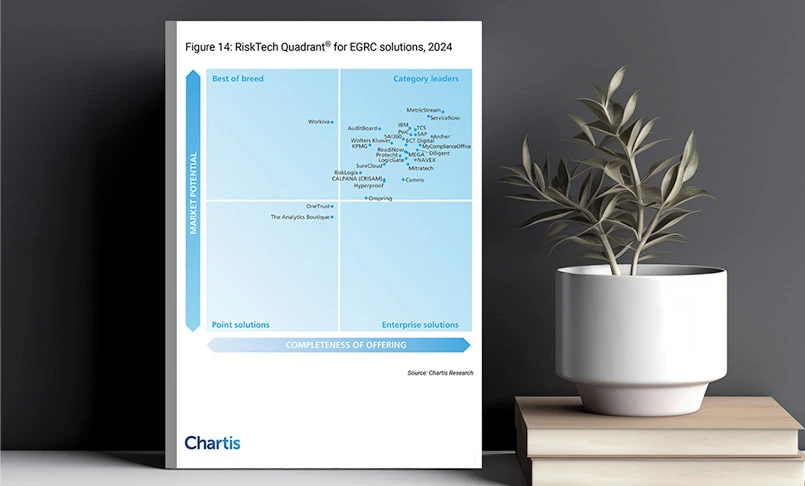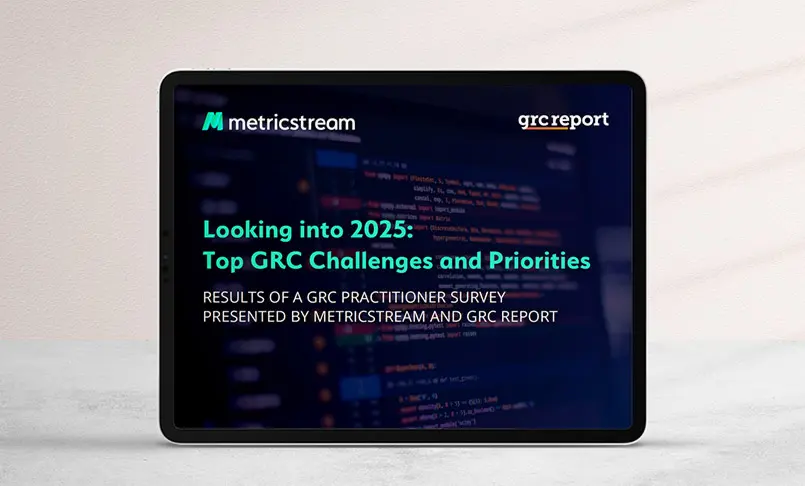Re-invigorating energy into work
- 09 November 20

Introduction
We humans are social creatures, and as such, thrive through social interaction, validation, and acknowledgement of our efforts, contributions and value. The COVID-19 pandemic has deprived most of us from the level of direct social engagement we have been accustomed to our entire lives. Whether we realize it or not, this has a direct and negative impact on our level of sustainable enthusiasm.
Most of us have been adapting to the COVID-19 normal by the increased use of video conferencing for business meetings and even social gatherings with family and friends. This is a great way to enable interaction but has a more limited direct affect than in-person interactions. Therefore, the frequency of interaction and the scope of interaction need to be increased.
At MetricStream, we have many forums for interaction, in addition to those required by day-to-day work activities. These include functional and cross-functional roundtable discussions at the customer unit level, global business unit level and for the organizational as a whole. We are conducting more roundtable discussions and all hands sessions within the customer units and also on a global basis (such as a global functional forum). Having actual customers join some of these sessions to provide their feedback really helps people that their hard work is acknowledged, not only internally, but by customers.
Corporate-wide continuous improvement and quality of life related programs also have a significant impact on the ability for all employees to maintain enthusiasm for their work, influence their work experience and have meaningful social interaction on a consistent and broad basis. Global all hands meetings are held on a frequent basis so that all employees are aware of what is happening within the organization and are given the opportunity to provide inputs and ask questions to leadership.
There are many ways to help create and maintain enthusiasm in our day-to-day work lives. There are also many unique contexts and participation in these interactions. These can be characterized by level of intimacy and personalized content. For example:
Intimate is where the participants in the interaction are well known to each other and the content of the interaction is related directly to one or more of the individuals participating in that interaction. Such an example is a discussion between a project manager and a small group, or even an individual, on a project team. The discussion could be around something specific that was done by a team member that showed foresight, creativity and value. The team members are praised for their efforts and the results of those efforts. This kind of interaction creates validation and positive acknowledgement of value within a small group and specific content. It generates enthusiasm for the person(s) directly acknowledged.
Communal. In this example, there are a greater number of participants who all have some common interest or need. The topic(s) in the interactions are of interest to all, although it may be for very different reasons. The value in this type of interaction is that you are part of a community with some common purpose and goals. You are participating in something that is for a greater good. This type of interaction quite often will provide the greatest level of personal enthusiasm.
Societal is the broadest scope of acknowledgement in that it is provided via a medium with an extremely broad and large audience. Parts of this audience may have no interest or participation, and of those that do, the level of feedback is typically quite limited and more impersonal.
In summary, whether through one-on-one interactions, small team meetings, all hands meetings or public announcements, the things that are being done to improve personal performance, the workplace or society in general need to be communicated consistently and with enthusiasm to breed more enthusiasm, sparking creativity and optimal performance.






